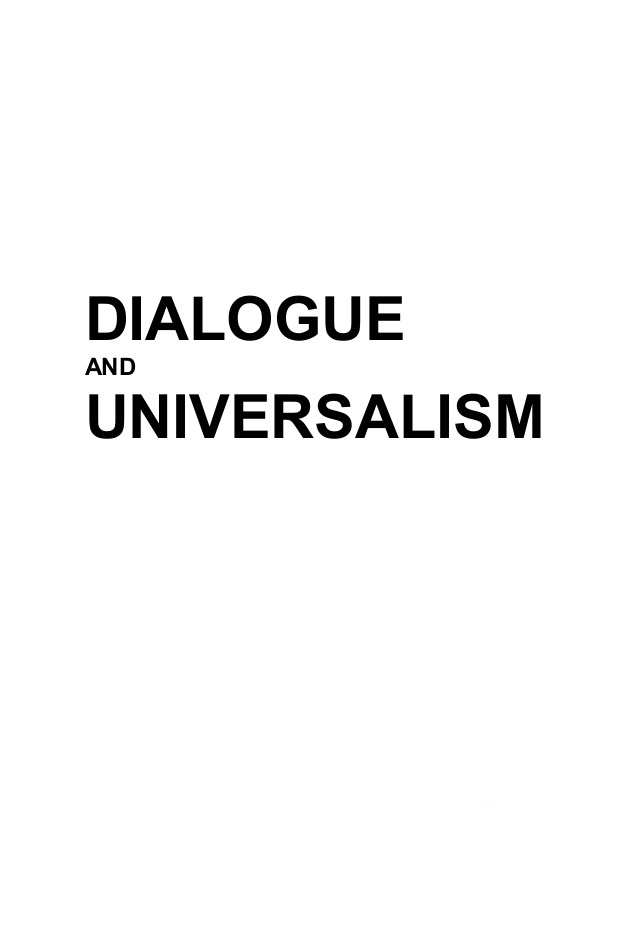THE HEGEMONIC SUBJECTIFICATION IN ERNESTO
LACLAU’S THEORY OF DISCOURSE
THE HEGEMONIC SUBJECTIFICATION IN ERNESTO
LACLAU’S THEORY OF DISCOURSE
Author(s): Jakub GórskiSubject(s): Social Philosophy, Sociology
Published by: Instytut Filozofii i Socjologii Polskiej Akademii Nauk i Fundacja Filozofia na Rzecz Dialogu
Keywords: Ernesto Laclau; Theodor W. Adorno; discourse theory; critical theory; subject; particularity; society; hegemony
Summary/Abstract: This article discusses the character of hegemonic subjectification as it is seen byErnesto Laclau. By explaining the concepts of the constitutive features and form ofa hegemonically acquired political identity, such as antagonism, undecidability, overdeterminationand decision, I define the social fields and dynamics of subjectification. Atthe same time, I adopt that such subjectification occurs within the boundaries of theparticular (demand)–universal, i.e., the ideologically assigned view of identity as totality.Besides, in contrast to Laclau, I juxtapose the dialectically conceived form of theparticular–universal relation with its poststructuralist Laclau’s version, and I try toprove that—contrary to Laclau—the idea of hegemony enjoys its vitality thanks to TheodorW. Adorno’s concept of negative dialectics. To determine the points of similarityof the two methods of constructing and deconstructing identity and subjectivity, I rejectElmar Flatschart’s incomparability argument. Lastly, I point out the earlier mentionedpoints of convergence: on Adorno’s part—the concept of proper names and the conceptof constellation; on Laclau’s part—the concept of undecidability and decision whichkeep discourse ontologically and epistemologically open.
Journal: Dialogue and Universalism
- Issue Year: 2019
- Issue No: 1
- Page Range: 233-255
- Page Count: 23
- Language: English

